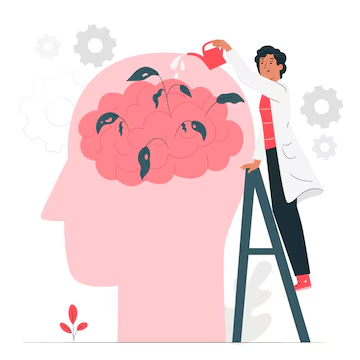5 Scary Truths About Uncertainty (And Why Your Brain Hates Not Knowing)
Introduction Have you ever anxiously waited for a test result, a job interview callback, or a text that never came—and thought, “I’d rather just know, even if it’s bad”? That’s not just impatience. It’s psychological. The human brain has a profound intolerance for uncertainty. Not knowing triggers a cascade of cognitive and emotional responses—some of […]
5 Scary Truths About Uncertainty (And Why Your Brain Hates Not Knowing) Read More »










